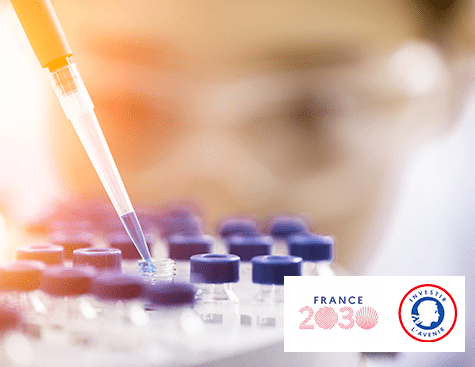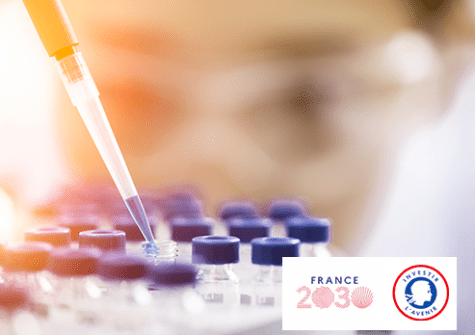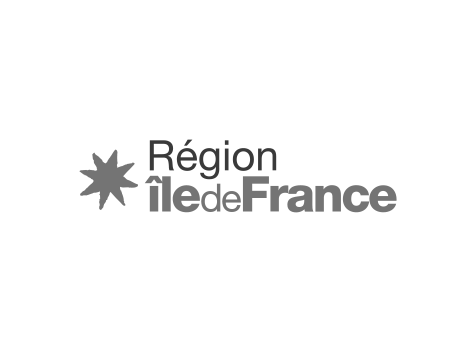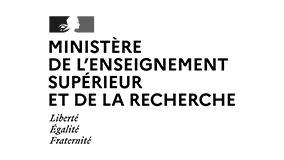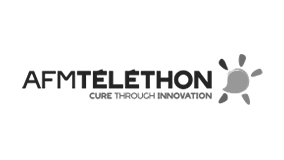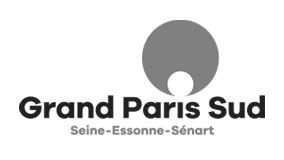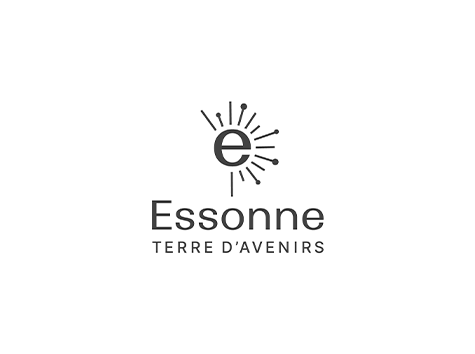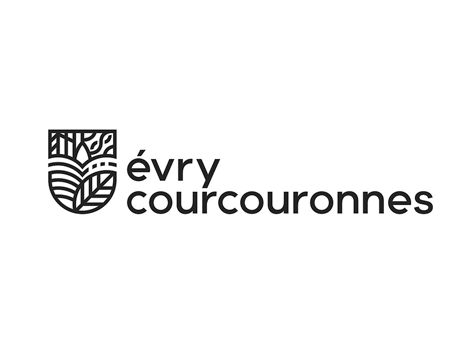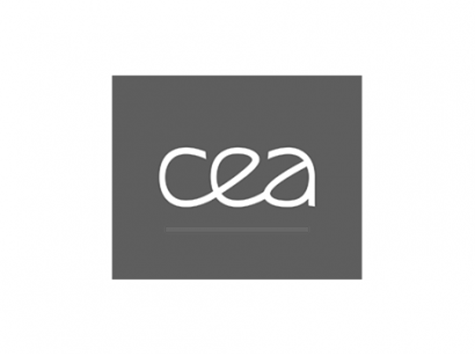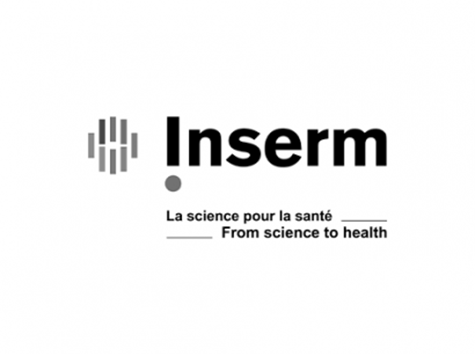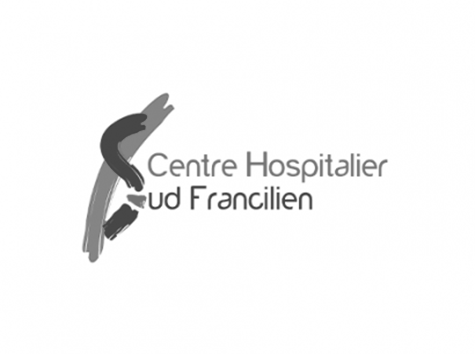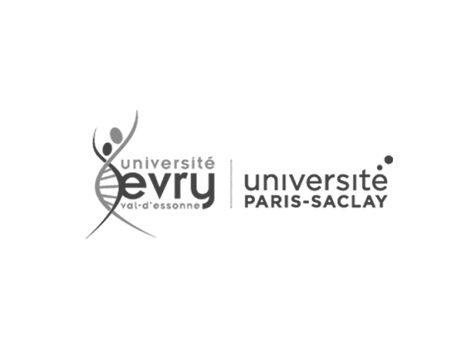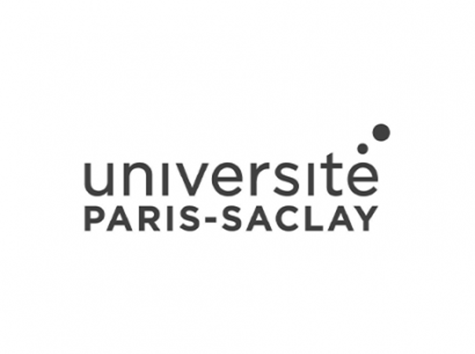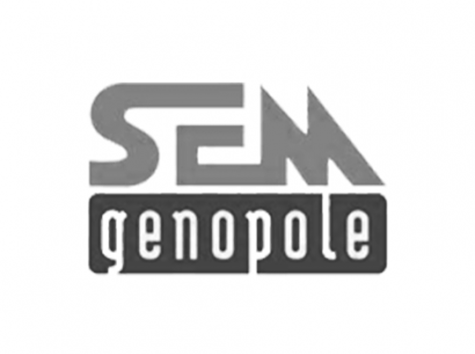ART-TG, CiTHERA, I-Stem and Yposkesi, all affiliated with the University of Évry-Paris Saclay and/or Genopole, are contributing their expertise to three projects named on 3 February 2022 as laureates for the French Government’s Major Challenges program. A part of the France 2030 investment plan, the program’s €13-million call retained eight technological innovation projects in all, with the objective of supporting the production of innovative biotherapies and gene & cell therapies for both common and rare diseases.
The Évry research and innovation hub: a major actor in biotherapies
The field of innovative biotherapies is truly bringing hope not only for rare, currently untreatable genetic disorders but also more common pathologies like cancers or infectious diseases. The research and innovation hub at Évry constitutes one of France’s major sites for the biotherapy sector. It unites the AFM-Telethon with close to 20 actors in that sector, all either accredited by Genopole or under the academic supervision of the University of Évry.
The radical change innovative biotherapies can bring to the therapeutic armamentarium is however dependent on overcoming the hurdle of the mass production of these complex treatments at a reasonable cost. Indeed, the few innovative therapies currently on the market are exorbitantly priced compared to conventional therapeutics. To address this need to bring medical innovation to the patient’s bedside affordably, and also that of ensuring the nations healthcare independence, the French government is empowering the development of a national advanced therapy medicinal products industry.
Making France a leader
In June 2021 French President Emmanuel Macron presented an ambitious plan to advance healthcare called Health Innovation 2030. This latter, a part of France Relance and the fourth Investments for the Future program (PIA4), aims to make France both sovereign and Europe’s leader in healthcare. Health Innovation 2030 comprises notably a budget of €800 million to support biotherapy development, stimulate French competitiveness in that sector and accompany the creation of the necessary industrial infrastructure, actions intended to position France as the bellwether of biotherapies and the biomanufacturing of innovative therapies. Launched in 2020, the Biopharmaceuticals Major Challenge is also a part of that same strategy. It supports projects that improve yield and reduce costs in the production of advanced therapy medicinal products.
Four actors and three laureate projects
Thus, the Major Challenge’s aptly named project call, “Biopharmaceuticals: improving yield and controlling production costs,” finances projects marrying the competencies of public and private actors and targeting the development of technologies to improve yield and quality in biomanufacturing processes.
Four entities at the University of Évry and Genopole are a part of the laureate consortia. They are participating in three of the eight projects retained from the call.
ASMA: Accoustic solutions for manufacturing advanced therapies
🤝 The associated actors from Évry: The Genopole company Yposkesi and the Genomic Therapy Technology Research Accelerator (ART-TG; founding member of the “Magenta” industrial integrator).
💡 The project: A combination of microfluidics technologies, suspension culturing and acoustic wave cell membrane poration to improve key steps in the transfer of genetic material during gene and cell therapy production.
 Alain Lamproye, Executive President of Yposkesi :
Alain Lamproye, Executive President of Yposkesi :
«This project has a real potential to significantly improve the yield of gene therapy production processes, which is currently a key issue for all companies working in this field. Yposkesi is very happy to provide its expertise for the development of these novel technologies. »
 Anne Galy, Director of the Integrare research unit (UMR-S951) at Genethon and Director of ART-TG :
Anne Galy, Director of the Integrare research unit (UMR-S951) at Genethon and Director of ART-TG :
« ART-TG is delighted at the idea of working with the ASMA consortium to develop instruments that will soon enable the automated production of vectors and cells for gene therapies. »
STELLAR: Stem cell differentiation evaluation on line–light holographic analysis recording
🤝 The associated actors from Évry: The stem cell institute I-Stem.
💡 The project: The deployment of a continuous, non-destructive, cell differentiation quality control system for pluripotent stem cell-based cell therapies. The project will use holographic microscopy with automated imaging and deep learning (AI) methods.
 Christine Baldeschi, Professor at the University of Évry, Director of the I-Stem Genodermatoses Team: « The association of microscopy and AI technologies enables a gain in productivity and a reduction in the cost of quality controls, which can be done continuously during production with no damage to the cells. If standardized, this quality control system could be deployed for a wide range of cell types and thus therapeutic applications. »
Christine Baldeschi, Professor at the University of Évry, Director of the I-Stem Genodermatoses Team: « The association of microscopy and AI technologies enables a gain in productivity and a reduction in the cost of quality controls, which can be done continuously during production with no damage to the cells. If standardized, this quality control system could be deployed for a wide range of cell types and thus therapeutic applications. »
SOFTCELL
🤝 The associated actors from Évry: The laboratory CiTHERA (affiliated with INSERM Unit 1310, a founding member of the “Magenta” industrial integrator).
💡 The project: A novel, entirely French gentle-agitation bioreactor used today for phytoplankton growth and soon for the bioproduction of human stem cells for therapeutics.
 Annelise Bennaceur-Griscelli, Director of CiTHERA:
Annelise Bennaceur-Griscelli, Director of CiTHERA:
« This project will consolidate CiTHERA’s mission of developing a bank of iPS cells and their derivatives for the cell therapy sector, within the setting of the national infrastructure INGESTEM. It unites the competencies and innovative stem cell expansion and differentiation protocols employed by CiTHERA and the Inserm U1310 unit with bioreactor models never used hereto for human cells. This disruptive technology brings a response to a major, currently unresolved issue: the cell-altering shearing forces occurring during large-volume medium homogenization, a problem that continues to be an obstacle for the industrial-scale biomanufacturing of cell therapies, regenerative therapies and immunotherapies for cancer. »

